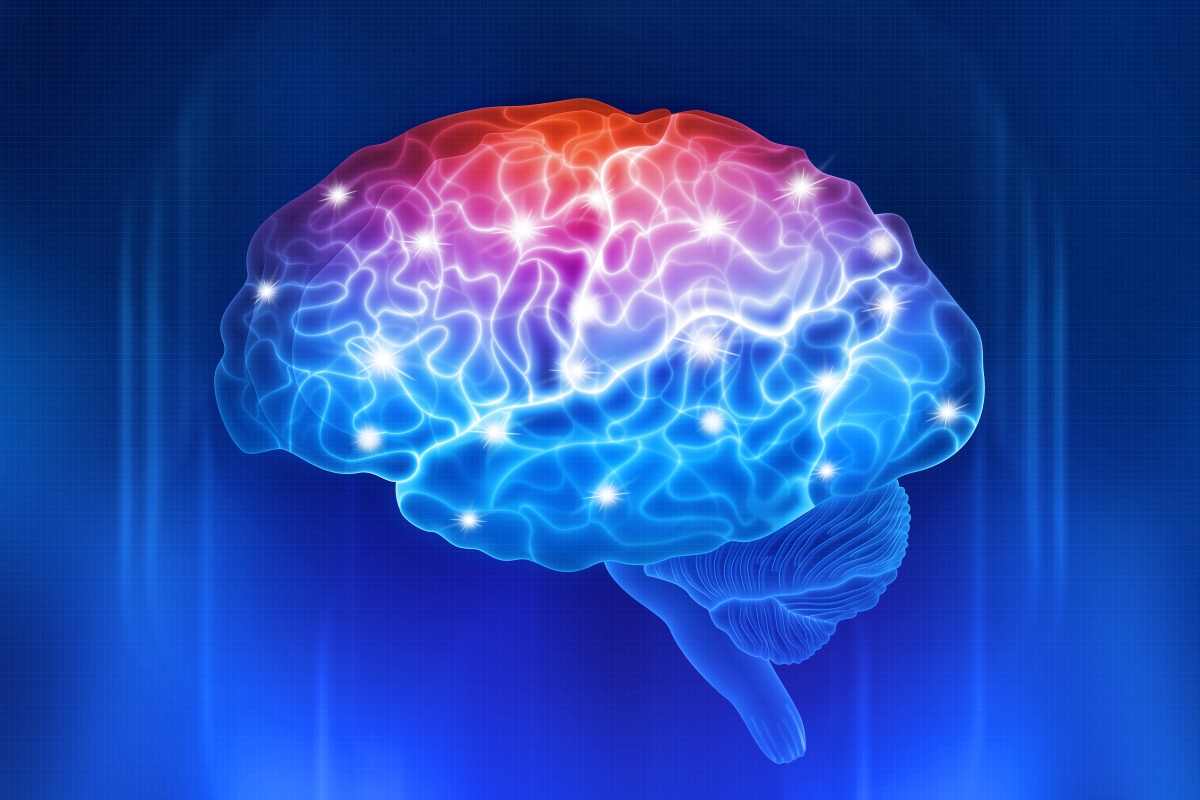Glycemic control contributes to the neuroprotective effects of Mediterranean and green-Mediterranean diets on brain age: the DIRECT PLUS brain-magnetic resonance imaging randomized controlled trial
Previous studies demonstrated that over 18 months, Mediterranean (MED) and green-MED diets dramatically decreased age-related brain shrinkage by around 50%. Pachter et al. (2024) investigated how specific dietary components influence brain volume deviations from chronological age. The 18-month DIRECT PLUS experiment, in which participants were randomized to one of three groups, was subjected to a post hoc analysis: 1) a Mediterranean (MED) diet group, 2) a healthy dietary recommendations group, or 3) a green-MED diet group, which was low in red meat and rich in polyphenols. In addition to consuming 3–4 cups of green tea and Mankai green shakes (an aquatic plant called Wolffia globosa), which provided +800 mg of polyphenols, the green-MED group also ingested 28 g of walnuts daily, which provided +440 mg of polyphenols. Following blood sample collection, the brain’s structure volumes were measured using magnetic resonance imaging (MRI). Hippocampal occupancy (HOC) scores, calculated as the ratio of hippocampal to inferior lateral-ventricle volumes, were used as a marker for neurodegeneration and a proxy for brain age. Of the 284 patients, 224 had eligible MRI data at the end of the study (98% male, average age 51.1 years, BMI 31.2 kg/m2, hemoglobin A1c (HbA1c) 5.48%, and 15.7% with APOE-ε4 genotype). Participants with larger HOC deviations (younger brain age) had lower body weight, waist circumference, blood pressure, insulin, and HbA1c levels. After 18 months, larger reductions in HOC deviations (indicating a slower brain-age progression) were linked to improved HbA1c, insulin resistance (HOMA-IR), fasting glucose, and C-reactive protein levels. Improved diabetes control was associated with greater changes in HOC deviations compared to participants with stable or worsening diabetes status. Higher alterations in the thalamus, caudate nucleus, and cerebellum were likewise linked to decreased HbA1c. Additionally, higher consumption of Mankai and green tea (key components of the green-MED diet) was associated with more significant changes in HOC deviations beyond weight loss. According to the study, the neuroprotective benefits of Mediterranean and green-MED diets on brain aging mostly depend on glycemic management. Green tea and Mankai are two meals high in polyphenols that may help promote a younger brain age. [NPID: Aging, brain age, dietary intervention, glycemic control, green-Mediterranean, hippocampal occupancy score, polyphenols]
Year: 2024
 Navigation
Navigation








